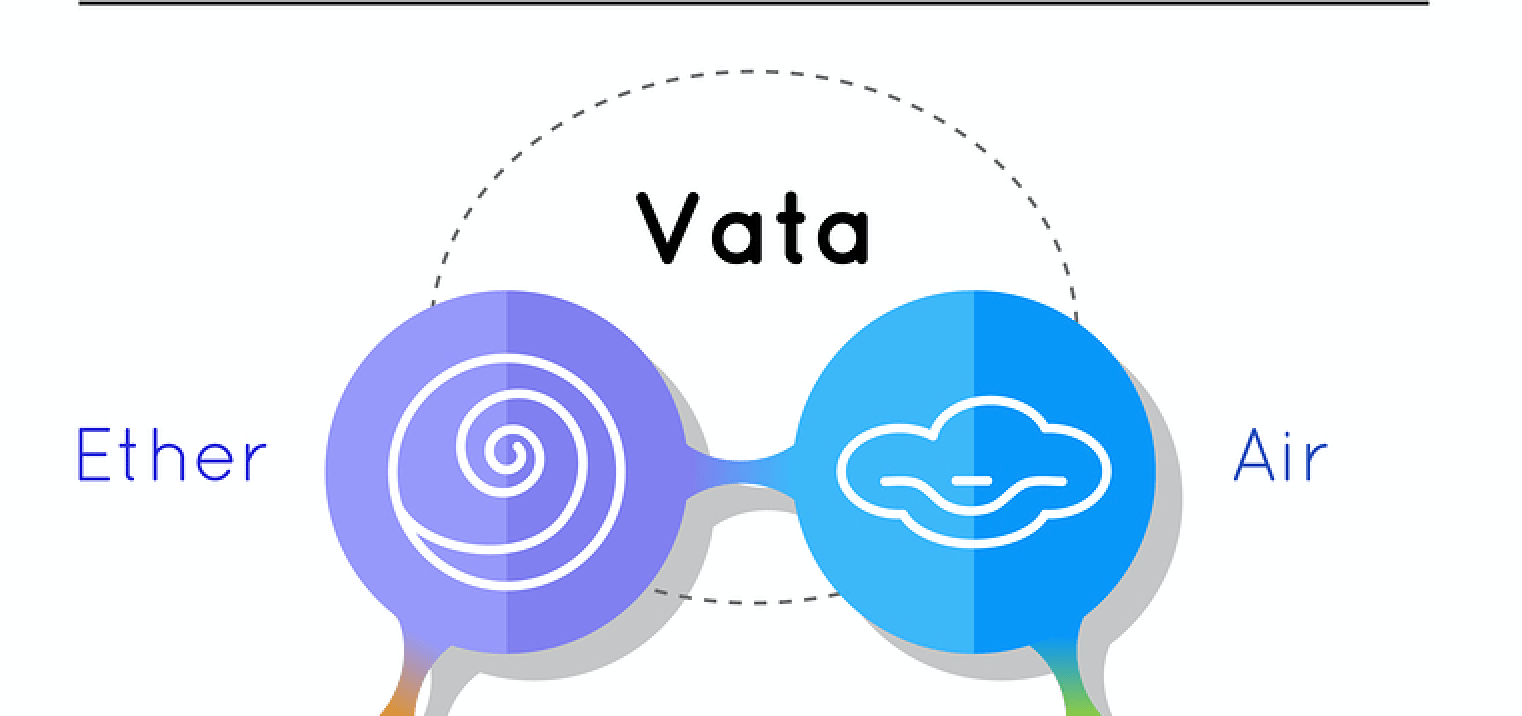Are you feeling out of balance? Do you have a lot of anxiety or stress? Are you having trouble sleeping? You may have a Vata imbalance. The Vata diet and lifestyle is a way to heal your vata symptoms. In this blog post, we will discuss the basics of the Vata diet and lifestyle, so you can start to incorporate it into your life.
Common symptoms of a Vata imbalance include:
- Insomnia
- Nervousness
- Worry
- Anxiety
- Panic
- Fear
- Twitches, tics, tremors, or spasms
- Dry or chapped lips
- Constipation
- Gas
- Bloating
- Dry, hard stools
- Low body weight

What Foods Are Good For Vata?
- Eat organic, whole, healthy foods that have a naturally sweet, sour and salty taste.
- Because Vata dosha is cold and dry, it's balanced by warm, nourishing foods like soups, stews, slow-cooked casseroles. (Ayurveda heals by applying opposite qualities)
What Foods Should Vata Avoid?
- Vata is imbalanced by cold salads, iced drinks, raw vegetables and greens.
- Any cold, light, low-calorie food increases Vata and should be avoided.
- Vata types tend to have erratic or variable digestion (sometimes good, sometimes not) so soft thoroughly cooked food that is easy to digest is best.
How To Reduce Vata Quickly
- Vata's are very sensitive to their surroundings, so the suggestion is to eat in a settled, calm environment. (Not too much commotion, difficult conversation, or never eat if upset).
- Within a week or so of beginning this vata diet and lifestyle, you should notice your energy is more steady, grounded, balanced and calmer.
Vata Diet and Lifestyle Guidelines
Dairy
All dairy products help to reduce excessive Vata. (Milk, cream, butter)
Drink milk warmed with a pinch of cardamon, nutmeg or cinnamon in the evening before bed. Do not take milk with a meal with other foods.
Grains
Favor: Basmati rice, wheat, cooked oats
Reduce: Barley, corn, millet, raw oats (in muesli) and rye
Sweetener
Honey, raw sugar, molasses, brown sugar, maple syrup
Vegetables
Favor: Cooked rather than raw vegetables. Beets, carrots, sweet potatoes, okra, asparagus, garlic, green beans, radishes, turnips, and pumpkin are all good choices. Small amounts of leafy greens are okay, but don't over-due it on salads.
Reduce: Broccoli, Brussels sprouts, cabbage, cauliflower, celery, leafy green vegetables, mushrooms, peas, peppers, potatoes, sprouts, zucchini.
Fruit
Sweet, sour, heavy fruits are good, especially bananas, avocados, peaches, cherries, mangoes, and figs. However, dry, light and astringent fruits should be reduced, like apples, pears, cranberries and dried fruits. (Apples and pears are okay if they are cooked with spices like cinnamon).
Beans
Avoid beans. However, lentils, mung beans, and tofu can be eaten in moderation.
Nuts
All nuts in moderation are good.
Meats
Chicken, seafood and turkey and good. Avoid red meat.
Oils
All oils are good. (except canola oil).
Herbs & Spices
All spices are good especially cinnamon, coriander, cardamom, cumin, and ginger.
Vata Lifestyle
- Eat smaller meals throughout the day. (Four meals are generally better than three).
- Keep your diet simple (not too many different types of foods). The more types of food the digestive system encounters, the harder it has to work.
- Stay hydrated by drinking plenty of herbal teas and warm water between meals.
- Do not drink ice water.
- Give yourself a daily abhyanga (massage).
- Take warm baths. Light candles and take time just for yourself. (Key to balancing Vata is to calm the nervous system). Steam baths are great.
- Keep regular routines of waking and sleeping every day. (Go to bed and wake up same time)
- Take lots of breaks throughout your day to stretch and breathe slowly.
- Don't over-work or move to fast. (Shift work is particularly difficult).
- Exercise gently. Regular gentle exercise is best. (Yoga, Tai chi, walking, stretching)
- Meditate for 15-20 minutes daily.
- Create a calm home/work environment and take care not to stress out.
- Take an afternoon nap each day for 20 minutes.
- Avoid cold, carbonated drinks
Things that throw Vata's off balance:
- Fasting
- Eating cold, frozen or leftover food
- Eating on the run
- Irregular lifestyle (no routine).
- Worrying
- Not sleeping
- Keeping emotions bottled up
- Working night shift
- Traveling
- Over-stimulation (Excessive conversation, fast-paced computer games, loud nightclubs).
- Alcohol, drugs, refined sugar
- Adrenaline-rush sports like zip-lining, bungee jumping
Related Posts:





Good list I’ll suggest it to my relative as there are having vata problem hope it works out in a good way Thank you!!!!
I am very vata, minus the irregular bowl/hard stool. I’m vegan, so that’s very easy for me, but everything else is on point.
Thanks for reaching out Linh!